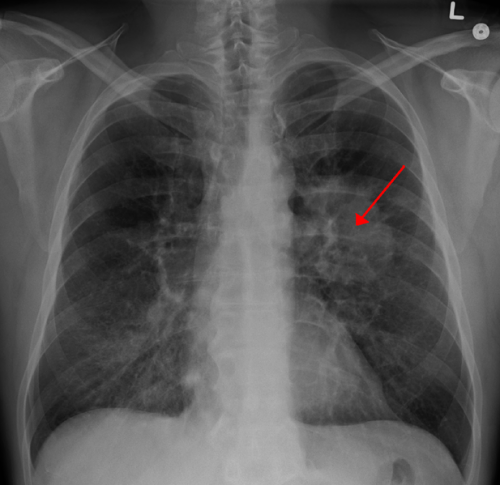
An estimated 19 million new cases of cancer were diagnosed worldwide in 2020, and almost 10 million people across the globe died of the disease. This week, researchers will explore how endothelin, an amino acid chain secreted by the endothelial cells that line the blood vessels, plays a role in cancer progression and lung disease sometimes caused by cancer treatment. The researchers are meeting at the Seventeenth International Conference on Endothelin (ET-17), hosted and organized by the American Physiological Society (APS).
Endothelin (ET) is a vasoconstrictor, meaning it causes blood vessels to narrow. Too much endothelin—also called overexpression—can lead to chronic health conditions such as high blood pressure, heart disease and vascular dysfunction. Three forms of endothelin—ET-1, ET-2 and ET-3—are encoded by different genes but function in a similar fashion. Recent research suggests that ET-1 and ET-2 may play a role in cancer progression and that in some situations act in contrast to one another.
Endothelin-2 may be promising target to treat lung cancer
Lung cancer is the third most common cancer in the U.S. and tops the list of cancer deaths worldwide. Adenocarcinoma, a form of the cancer that begins in the epithelial cells of glands, is the most common type of lung cancer. Previous research has shown that ET-1 expression is high in people with lung adenocarcinoma. In a new study that explored the function of ET-1 and ET-2 in lung cancer, researchers from the Kobe Graduate School of Medicine and Kobe Pharmaceutical University in Japan found that silencing (blocking) ET-2 in human adenocarcinoma cells led to reduced proliferation, less spread and increased cell death. These results suggest that “endothelin-2 might be a promising target for lung adenocarcinoma treatment,” said Ratih Paramita Suprapto, MD, first author of the study.
Blocking endothelin-1 receptor may improve ovarian cancer recurrence, survival rate
High-grade serous ovarian cancer is the most common type of ovarian cancer and carries the poorest prognosis. Researchers from the IRCCS-Regina Elena National Cancer Institute in Italy have identified a protein interaction—called the endothelin-1/ZEB1/YAP regulatory circuit—that drives tumor growth in high-grade serous ovarian cancer. The research team found that blocking the activity of endothelin-1 receptors that transmit this signaling pattern impaired tumor growth. These results “suggest that endothelin-1 receptor blockade can be exploited as a target therapeutic strategy for preventing recurrence, leading to an improvement of the survival of ovarian cancer patients,” explained Rosanna Sestito, Ph.D., first author of the study.
Two forms of endothelin act differently in drug-induced lung disease
Source: Read Full Article
